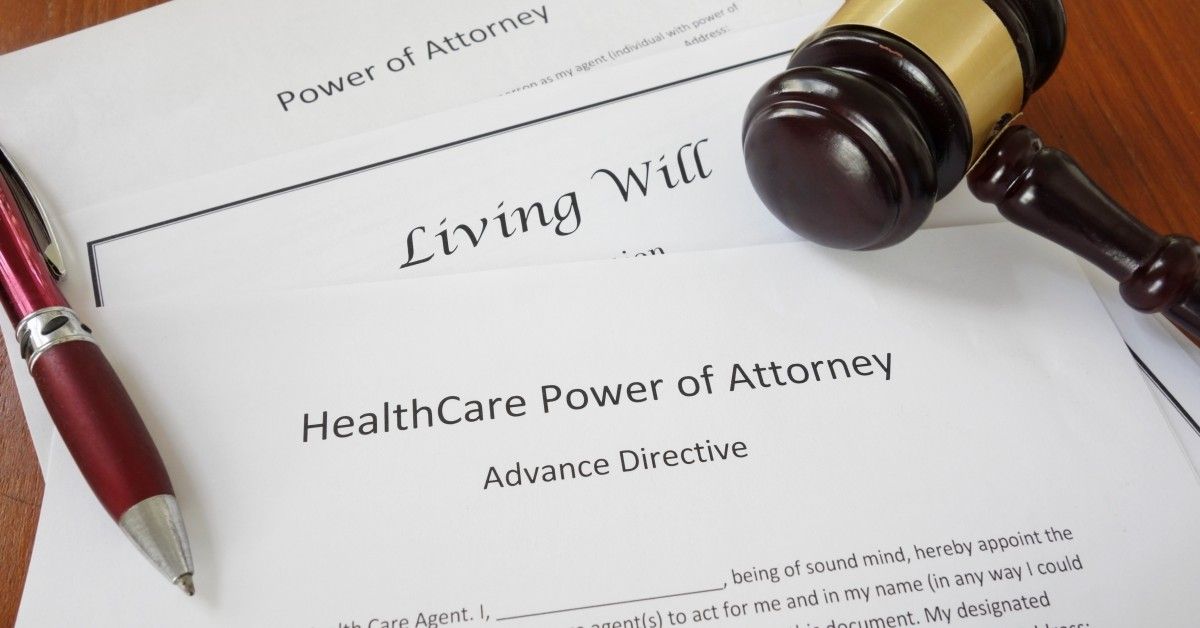
Will Vs. Trust: What's the Difference?
You might be surprised to learn that even if you already have a will in place, you also need to have a trust. While they are similarities to these documents, the differences become very clear when they are put into action. In today’s post, we’ll take a closer look at what each of these items offers to help you better understand the importance of making sure you have your own will and trust in place.
Heather Lynn Law, APC in Rancho Cucamonga is here to help you create your own will and trust with help from our team of legal experts. Contact our Top Rated Local® law firm today to schedule a free consultation to get the legal advice you need.
What a Will Does
When you die, your will is a legally enforceable document that states how you want your affairs handled and assets distributed. When it comes to estate planning, a will is definitely a key piece. If you have minor children, pets, a business, or a favorite charity, your will is the perfect place to outline how each of these should be taken care of.
Minor Children
Not only do you need to appoint a legal guardian for your minor children in the event of your death, but you’ll also need to determine how to pass and distribute your estate to your children. Creating a will means that both of these important considerations will be clearly addressed. In fact, you can choose to disinherit a child or a spouse in your will under certain circumstances.
What a Trust Does
A trust is a fiduciary relationship in which you give someone else the right to hold title to your property or assets. Typically, trusts are established to provide legal protection for your assets and ensure they are distributed according to your wishes. There are two main types of trusts: testamentary trust and revocable living trust.
Testamentary Trust
A testamentary trust is established in accordance with the instructions included in your will. Your will could have more than one testamentary trust, and the trustee you name will be responsible for managing and distributing your assets as laid out in your will. This type of trust is irrevocable and is frequently used when the beneficiary or beneficiaries are either minor children or disabled.
Revocable Living Trust
A revocable living trust (RLT) allows you to exert some control over your money even after you’ve died. It can be changed over time and is used to avoid probate court. Once you establish a living trust, there are no court or attorney fees to deal with. An RLT protects your privacy and the privacy of your beneficiaries and helps to minimize estate taxes. A revocable living trust is called a living trust because it is created while you are still alive. It is revocable because you may change it during the course of your life.
Your Top Rated Local® Estate Planning Attorney
Contact Heather Lynn Law, APC in Rancho Cucamonga today to schedule a free consultation and learn more about wills and trusts. Our team of legal experts is here to provide the expert advice and assistance you need to make the best decisions for your situation.
